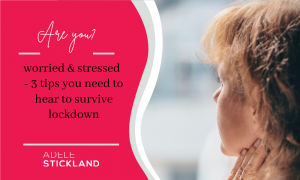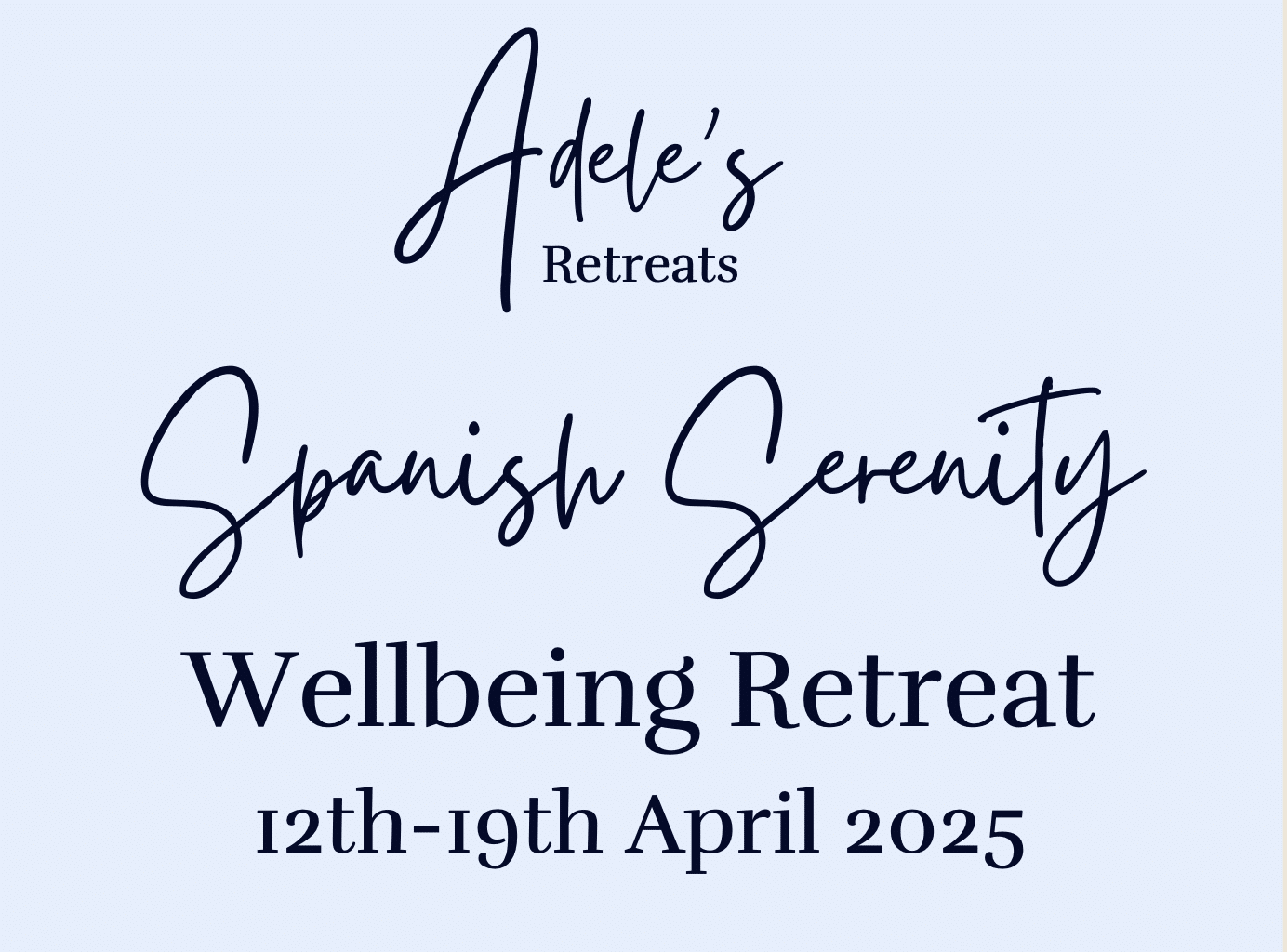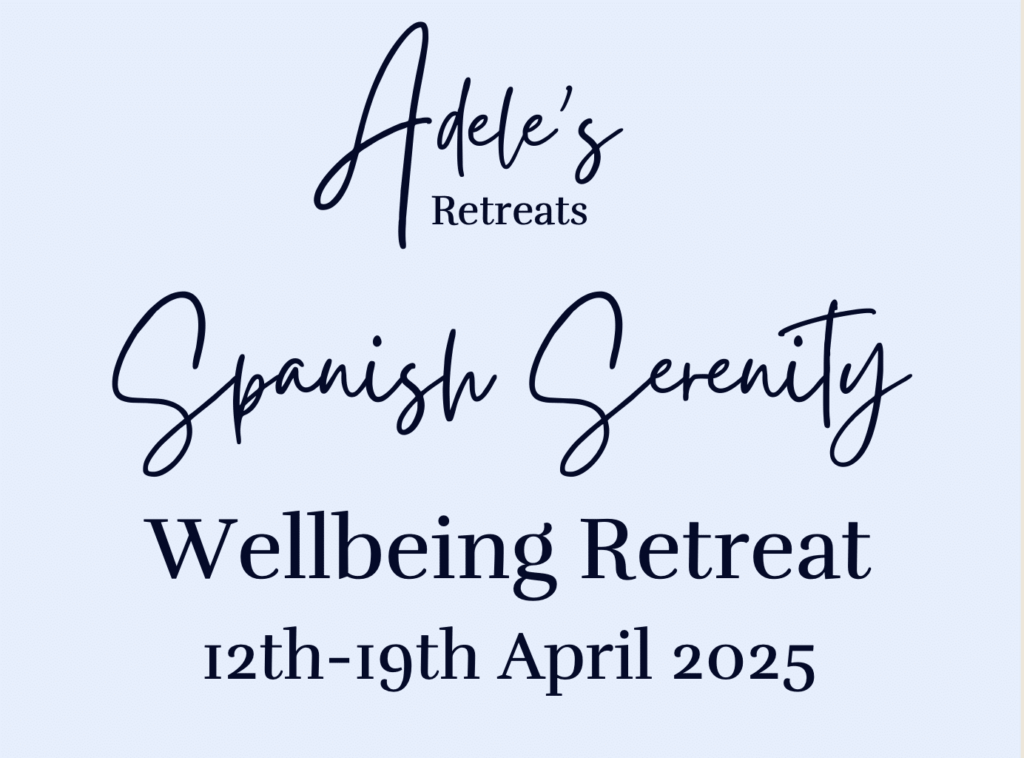The latest findings from the World Health Organisations predicts that by 2020 the top health concern will be burnout and stress. Every second, the world’s email users are writing the equivalent of 16,000 copies of the complete works of Shakespeare. Never before in the course of human history has so much information erupted onto your desk on a daily basis, demanding and screaming for your immediate and undivided attention. That feeling of euphoria and the ‘win’ sensation you have when you quickly deal with one more email. Your dopamine receptors in your brain go crazy. However, when the demand for your attention outstrips the supply of time, stress is the result. Chronic stress over a prolonged period of time leads to burnout. Watching for the signs of burnout is imperative and this blog will help assist your understanding and offer tips and strategies to avoid burnout and improve your wellbeing
My stress story started when I was pregnant with my first son, I believe my ensuing 10 years of fertility issues were also due to chronic stress. Stress that I had accumulated in my life but also my familial ancestral stress.
A way of life that I hadn’t dealt with from my past and my family cyclical history. The family pattern becomes an easy model to follow in our own lives. If you can’t see your own family pattern or dynamic that your family follows, then you will also fall prey to it.
Whilst my tipping point appeared to be simply another day in the office the stress that got me to that point had in fact been accumulating for several years not only at work but also decades and even ancestral lifetimes from my pattern of behaviour and my families. I remember clearly the final straw.
I arrived at work, in London at a busy advertising agency one morning, heavily pregnant. My fiance lived away and I was living with a lovely friend who was helpful and happy and yet our flat was noisy, busy and less than an ideal ‘nest’. This feeling of insecurity led up to my big blow out. I remember the day very clearly.
An early morning in September I arrived at my clean, clear desk in Hammersmith, west London, I had worked hard the day before to clear my desk of jobs, my to-do list was marginal. Then as I sat down the phone rang but before I could answer it….
The mail arrived.
That was it. that was my breaking point. Having to answer the phone and pick up the letters and open them, which I had multi-tasked a million times before was enough. I crashed out. I left the office and didn’t return for over two weeks, stress overload. It could have been worse, and yet in retrospect, I believe it was lingering and devastating, the underlining stress stayed with me for over a decade.
It is not the individual incident or a certain date in time that creates overload, it is the accumulation of chronic stress that leads to burnout. In last week’s blog, I talked about the short term effect of stress on your body and how women are affected more by pre-holiday stress.
Read more: Pre-holiday stress affects women
The point the blog was making that it is the peak in stress that short term burst that compounds the larger more encompassing story. Peaks in stress can be created from the simplest of events. For instance:
- a poorly child
- an invalid parent
- a holiday
- a promotion
- a book launch
The pinnacle is an additional overload that causes a spike not only in your stress levels but also in ill health. When stress hormones like cortisol reach a sudden crescendo, this immediate and abrupt intensification leads to blood pressure spikes. The stress hormone, cortisol weakens the left ventricle of the heart which is your hearts main pumping chamber. Simply imagine the longer-term effect of this peak.
Manifesting burnout!
A stressed individual is easy to spot but how do you know if that is a normal amount of daily stress for them and more importantly how can you ‘see’ it in yourself. Normally it takes either an event or someone else (who you are prepared to listen to and acknowledged – so that isn’t your partner!) to point out to you that you are in danger of burnout.
How often do you genuinely listen to yourself? Not often enough.
Here are a few indicators to watch out for, feel free to add in your own observations and let me know I would be interested to know your personal experiences
- Weight fluctuation either putting on or drastically reducing
- Excessive irritability
- Frantic behaviour
- Small tasks becoming insurmountable
Physical indicators may include:
- Insomnia
- Body not coping – aches, pains and tense muscles.
- Backache
- Hormones running amok – crying, shouting
- Low energy.
- Headaches.
- Upset stomach, including diarrhoea, constipation, and nausea.
- Chest pain and rapid heartbeat.
- Frequent colds and infections.
- Loss of sexual desire
How stress works in your body
When you sense threat or danger, your amygdala (the part of our brain controlling emotions like fear and anxiety) switched on like a light. When that happens, your brain shuts down any unnecessary functions and hormones like cortisol flood the blood with glucose, giving a power surge to the body’s muscles to respond in two ways; flight or fight. Shutting down your normal functions means that you can’t digest food or even protect yourself from a common cold. Your immune system is compromised and even your brain function is affected.
Cortisol takes over your body and prevents the body digesting food in case glucose is needed to fight the rampaging wildebeest (which in this scenario is your boss, obviously hundreds of years ago the rampaging wildebeest would have been exactly that but modern life has updated the danger)
The social scientist Michael Marmot describes stress as what happens when you can’t control what is happening to us. And today your brain cannot distinguish between a wildebeest menacing presence and the affront of a rude person who pushes past you in the queue. The physiological response is the same. Therefore you are triggering your stress response repeatedly every day.
It leads to what is called the allostatic overload. Allostasis is your body’s ability to change and adapt in order to maintain an equilibrium. Your body is constantly looking to find homeostasis which is the balance of bodily functions and create a stable condition in your body’s internal environment.
For example, the parasympathetic nervous system counterbalances the sympathetic system of fright, flight or fight
You can see that allostasis is vital for your body to create balance. The issue becomes chronic when these systems become so out of balance and overload occurs which is defined as the cost of chronic exposure to elevated or fluctuating endocrine or neural responses resulting from repeated challenges that are stressful. Instead of out-witting, the wildebeest and then retreating to a nearby cave repeated stressful events is like being chased all day by a rampaging boss on repeat. It makes you sick.
Don’t miss: Business cost of ill health
Stress inhibits your judgment
You are probably aware that when you become ‘stressy’ everything becomes more difficult to handle. If you can’t see it in yourself you can definitely see it in friends and colleagues. Those characters at work or even socially who find the simplest task almost unbearable. The drama that is involved with the most straightforward request is a sign of long term stress which leads to burnout.
Researchers at the Yale Stress Center found that when stress becomes a way of life – rushing from pillar to post (reading emails as you fly past) – the prefrontal cortex part of our brain begins to shut down and even reduces in size. The prefrontal cortex is the most recently evolved part of your brain – it regulates your amygdala, blood pressure and heartbeat but also enables you to learn, plan, concentrate and make judgments.
Stress is part of addictive & destructive behaviour
Chronic stress increases your risk of addictive and destructive behaviour, of developing anxiety, depression and other mental health problems. It can also increase risks of other physical health problems including heart disease, insomnia, muscle pain and damages your immune system. Stress has also been linked to cancer, both through increasing inflammation in the body which can aid in the spread of cancer and through the greater risk of abdominal obesity.
In a previous blog, I outline how stress and the increased cortisol in your body that leads to health issues which include abdominal fat. Don’t miss Menopausal weight sits on your tummy This blog outlines in detail why belly fat isn’t based on age at all – it is caused by your stress levels.
Stress psychology
Interestingly, it is your perception of stress in your life that adds to the actual stressful event that predicts its impact on us.
Exposure to trauma will produce long-term effects or even watching how your mum multi-tasked around your family and/or a job will affect the way you behave and your stress levels now.
Recently research has found that the stress of emotional neglect is a causal factor behind the development of a condition called functional neurological disorder. In other words, if you can prevent a stressful event, you can prevent the onset of ill-health. Taking measures to notice what your stress levels are now and taking time to wind down before a major calamity will help you to deal with life. Your stress response – which has done so much to keep you alive – now threatens to drastically reduce the quality of your life.
Whilst your modern online life offers so many more opportunities for women to create a life that involves family and work-life it also has its challenges. Unless you step back and find alternative approaches to a life of repeated stressful events, then unforeseen peaks in stress will be the straw that breaks your back.
Don’t miss: Reduce stress – 5 tips to add to your day
Strategies to avoid stress
Strategies should be long term, begin right now
- Set your intention to reduce stress
- Eat well and reduce sugar highs and lows
- Eat fat and proteins
- Mindfulness exercise like Pilates 😉
- Enjoy life
- Be kind to yourself
Knowing yourself is an interesting and thoughtful journey, which will offer you so much more than simply your weight loss. The way your existing habits work to increase your levels of stress is intriguing and fascinating. If you want to return back to the women you were when life was full of anticipation and hope for your future and regain your best health with nutrition, an exercise routine that suits you then drop me a line or give me a call – apply here
If you would like to understand your body more, get to grips with the nutritional balance that will work for you feel free to book in your free consultation time with me. You and I will discuss where you are currently and where you would love to be in 3 or 6 months time. I look forward to chatting with you

Get Gorgeous is a journey together – yours and mine.
PS. Don’t forget the gorgeous book – your insight into great health and vitality Gorgeous! how to look and feel fantastic every day. Click here to find out about your Gorgeous book
“Gorgeous! is the perfect read for anyone looking to revolutionise not only their relationship with food and movement but also their relationship with themselves. With Adele’s reassurance and expert guidance, any woman will feel inspired and empowered to begin their journey to prioritising themselves and their health – everybody is perfect and everybody is gorgeous!”
Find out what other clients
have to say…
“Thoughtful, practical, and actionable advice to ensure the weight you lose this time will stay off for good.” Julie Dennis, Menopause Coach & Trainer and author
Julie Dennis www.get-gorgeous.com/book Get Gorgeous Book 19th November 2018






















